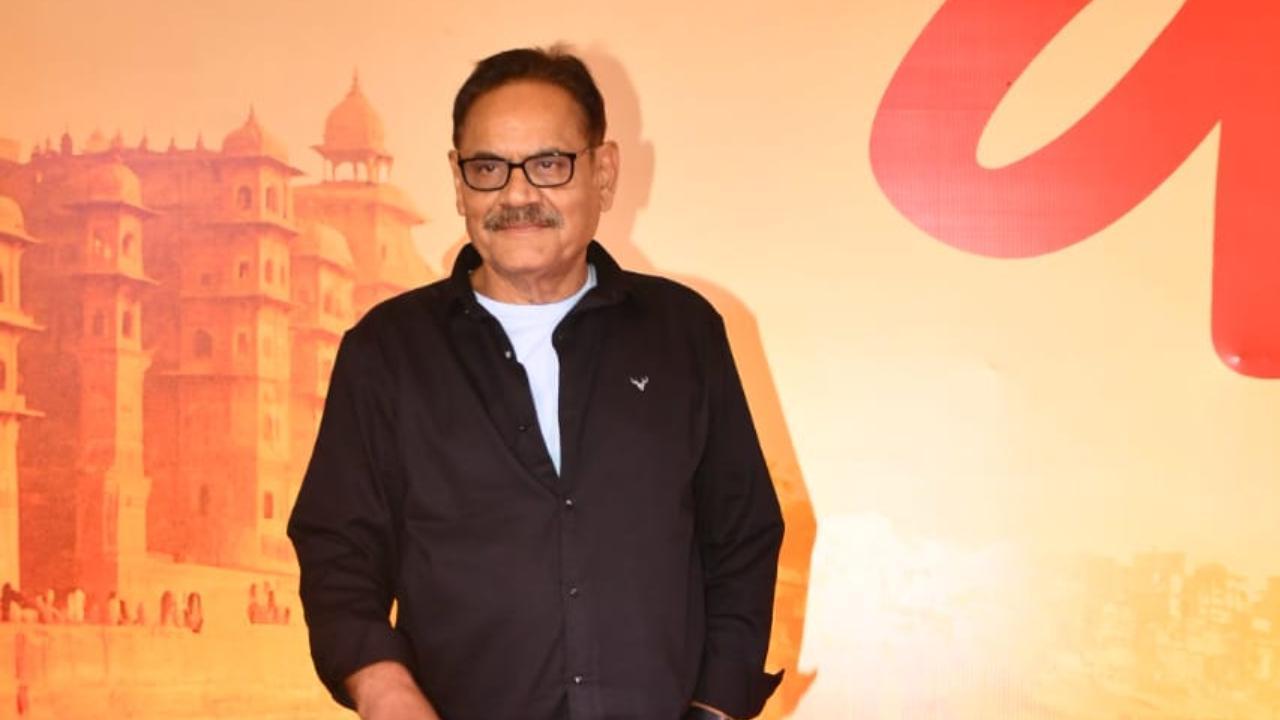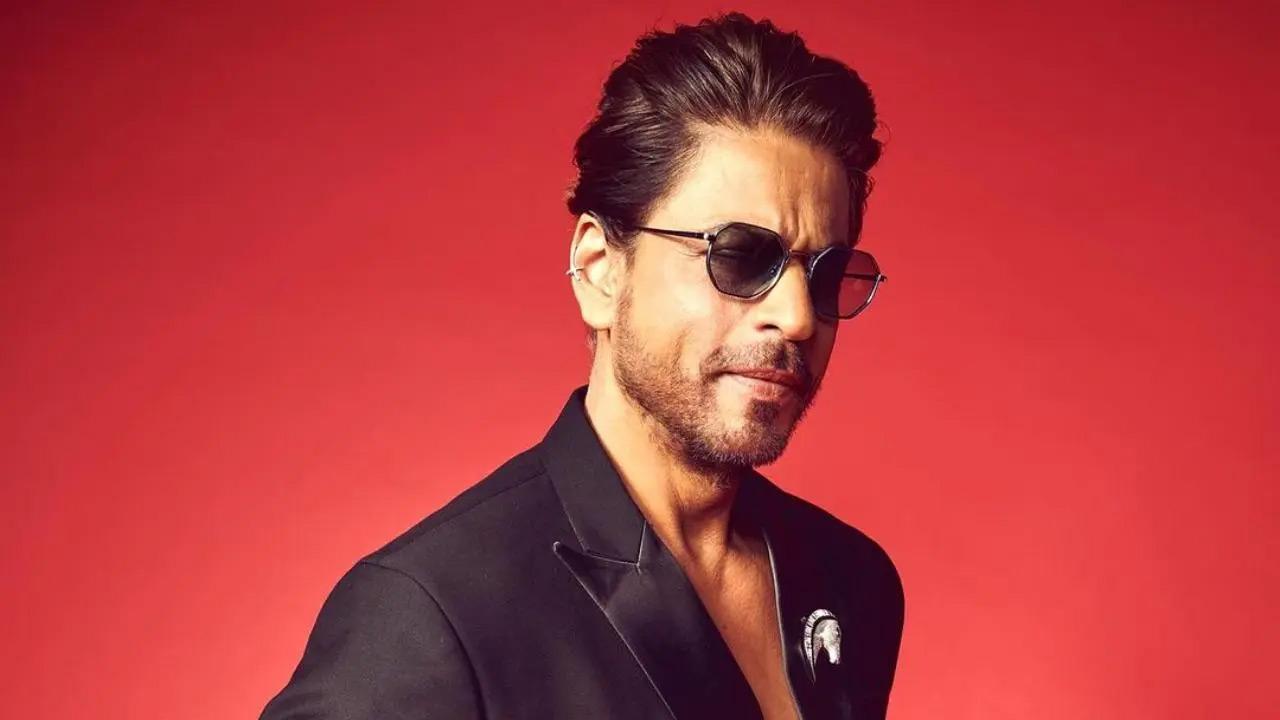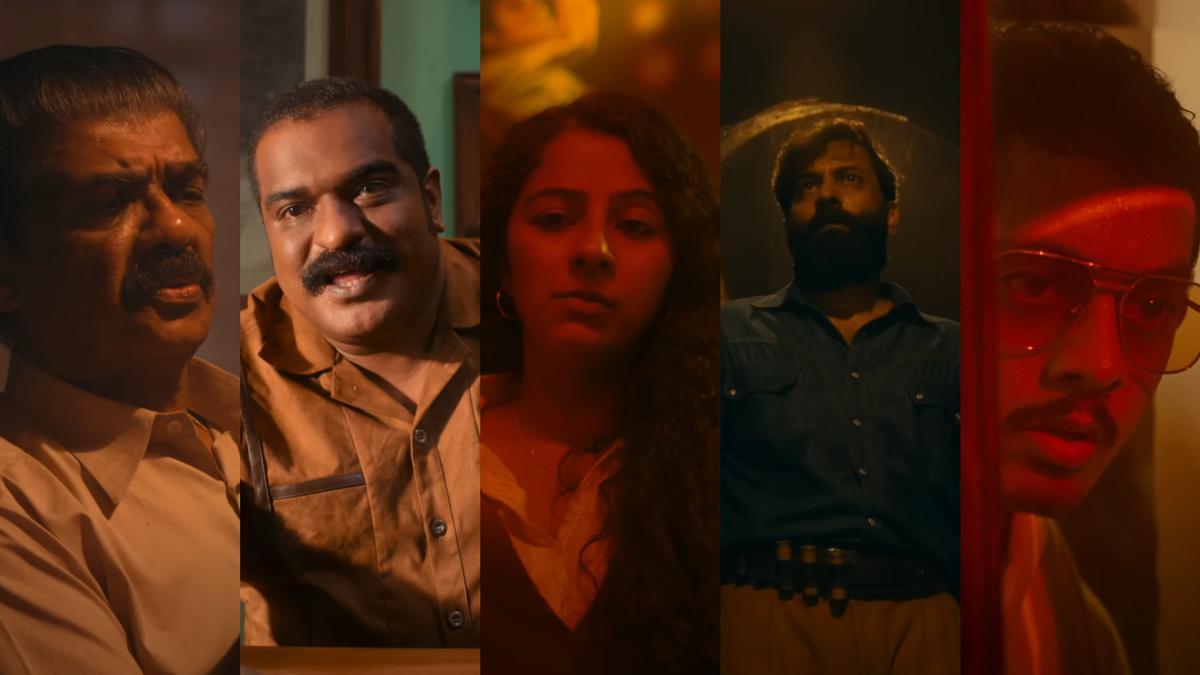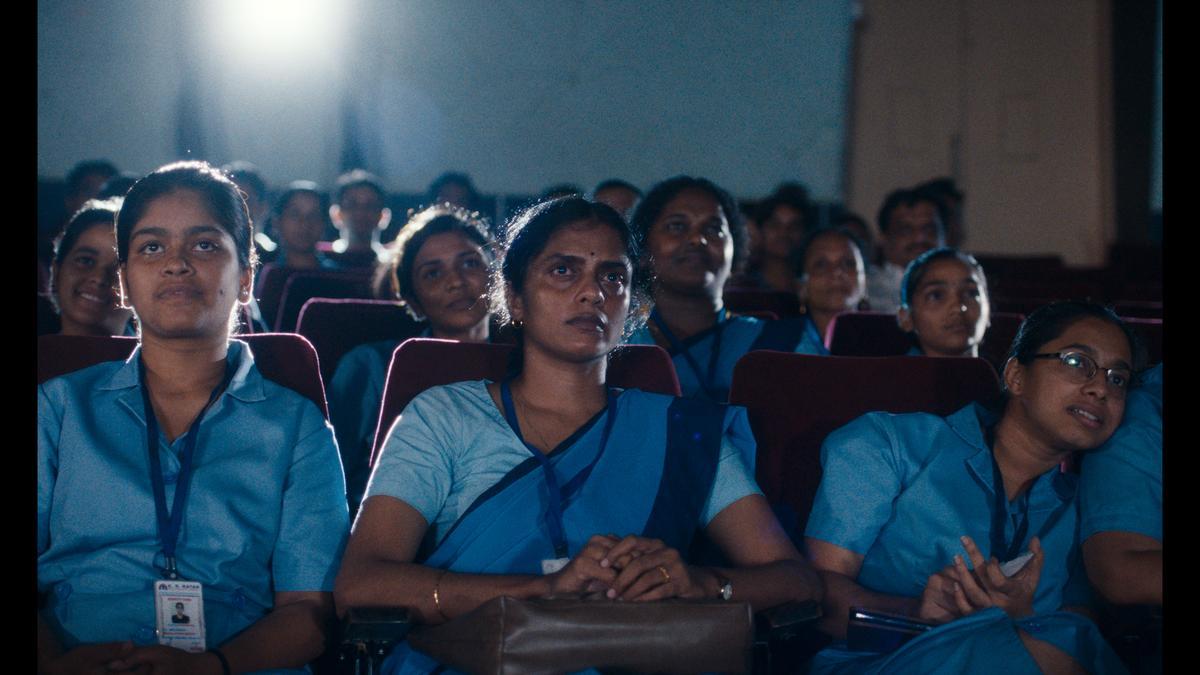
In a dramatic confrontation that has captured the attention of the film industry and the public alike, well-known actress Divya Khosla has launched a scathing critique of Bollywood star Alia Bhatt. Khosla has alleged that Bhatt manipulated the box office collections of her recent film, “Jigra,” by purchasing tickets for her own movie and providing misleading financial figures to inflate the film’s success. This accusation comes amidst mounting scrutiny and discourse regarding authenticity and transparency in Bollywood’s box office reporting.
Divya Khosla took to her social media, particularly Instagram Stories, to voice her concerns over what she described as deceptive practices. On Saturday, she shared a snapshot of an unexpectedly vacant theater which, according to her, contradicted reports of the movie’s robust earnings. The image was accompanied by a fiery statement aimed at Bhatt, calling into question the legitimacy of the widely publicized box office statistics.
Alia Bhatt, known for her successful roles in films like “Raazi” and “Gully Boy,” is now under fire as her latest cinematic offering faces criticism from multiple fronts. Directed by Vasan Bala, “Jigra” reportedly grossed Rs 4.55 crore on its opening day in India. However, it encountered stiff competition from “Vicky Vidya Ka Woh Wala Video,” featuring Rajkummar Rao and Triptii Dimri, which overshadowed “Jigra” by earning Rs 5.71 crore on its first day.
These allegations place “Jigra” in the spotlight for being Bhatt’s lowest opening since the release of “Highway” in 2014. The film, produced under the banner of Dharma Productions and presented in conjunction with Viacom18 Studios and Eternal Sunshine Productions, centers around a brother being rescued by his devoted sister through numerous trials and tribulations. The film also includes a modern rendition of the timeless song “Phoolon Ka Taaro Ka,” enriched by Vedang Raina’s vocal performance.
.
The controversy took a more dramatic turn as notable Bollywood personalities weighed in on the situation. Hours after Khosla’s Instagram disclosure, Kangana Ranaut, another prominent actress known for her bold statements, posted a cryptic message on Instagram. Her post, perceived by many to be an indirect jab at “Jigra’s” underwhelming performance, sparked discussions on the viability of women-centric films at the Indian box office and triggered further debates on the topic.
Alia Bhatt, on the receiving end of these allegations, has yet to publicly respond to Divya Khosla’s accusations. While she has not addressed the specific claims regarding the ticket-buying incident, Bhatt’s team has assured fans and stakeholders that they are committed to ensuring transparency in all their professional endeavors.
The situation has reignited discussions within the Indian film industry about the challenges faced by female-led films and the apparent market pressures that lead to alleged manipulations. Many argue that these films need more robust support and equitable opportunities to thrive in the competitive entertainment landscape.
This incident is not isolated, as Bollywood remains a vibrant industry prone to controversies and frequent criticism over ethics, transparency, and accountability, particularly when it concerns box office numbers. Over the years, the credibility of reported earnings has often been questioned, leading to calls for systemic reform.
As this controversy unfolds, audiences and industry insiders eagerly await further commentary from Alia Bhatt and continued discussion from Bollywood influencers. The unfolding drama serves as a reminder of the profound influence that social media exerts in shaping narratives and its capacity to drive public perception and industry standards.
The film “Jigra,” through its unconventional story and talented cast, aimed to captivate audiences and inspire a new wave of success for female-centric cinema. However, under such intense scrutiny, its legacy may now rest as much on the outcome of these allegations as on its cinematic accomplishments. The case is set to spark broader conversations on the authenticity of the entertainment industry’s methods and the true measure of success in cinema.










